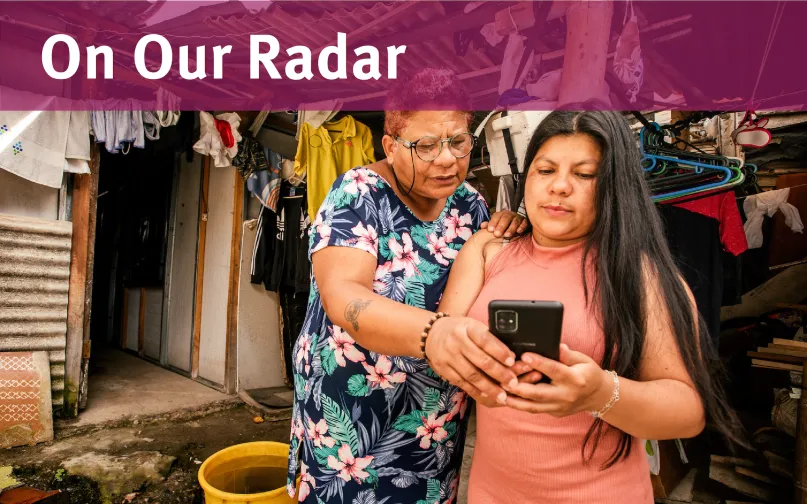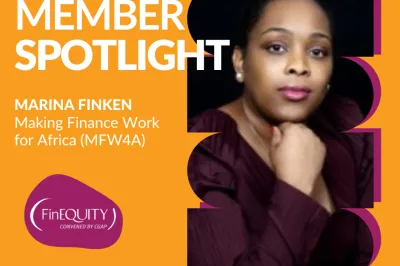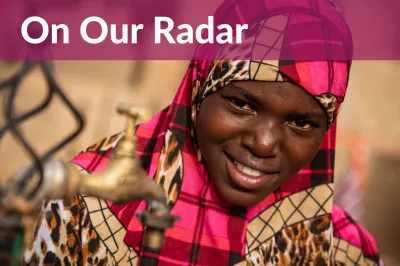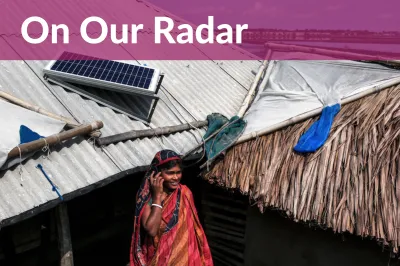On Our Radar: April 2023

An updated take on "What We're Reading", the FinEquity team brings you a curated list of women's financial inclusion and economic empowerment content we've been consuming recently, from podcasts, new initiatives and articles to videos and social posts.
On Our Radar
Do Formal Savings Accounts Lead to Better Results for Low-Income Users?: Lessons from Two Customer-Centric Research Studies in Africa
In this article, Jenny Morgan explores two client-centric research approaches to understanding the impact of formal savings accounts on the lives of low-income people.
The gender gap in access to finance has narrowed, but barriers persist
“Unequal access to technology opens up longer-term risks of gender-based exclusion for women in many spheres of their life and it is imperative we bridge this gap.” Raihana Sayeeda Kamal discusses how the gender gap still exists in terms of accessibility to financial services in this recent op-ed.
Addressing gender norms to improve African women’s ability to access, use, and benefit from digital financial services
Nisha Singh and Joanna Ledgerwood explore how even though the expansion of digital finance has increased financial inclusion, the reality is that the gender gap is widening as more financial services are digitized.
Assessing Progress and Priorities: Tanzania's Financial Inclusion Journey, 2011-2021
This brief analyzes financial inclusion in Tanzania in the areas of access, usage, and financial health using the latest edition of the World Bank Global Findex Database (2021) alongside other large datasets and publications such as those from the World Bank and the GSMA. It also incorporates UNCDF's own project-level data and observations.
The Role Regulators Play in Closing the Financial Inclusion Gender Gap: A Case Study of Honduras
This case study shares an interesting overview of financial inclusion in Honduras. In the last decade, Honduras has made great strides on women’s financial access, yet large numbers of women remain unbanked or underserved by financial services – especially those who are unemployed or working in the informal economy.
2021 Trends in International Funding for Financial Inclusion
CGAP’s annual Funder Survey breaks downs financial inclusion funding data and shares insights to inform future development programming and coordination. The latest numbers show that private investors were the primary drivers of financial inclusion funding growth in 2021.


